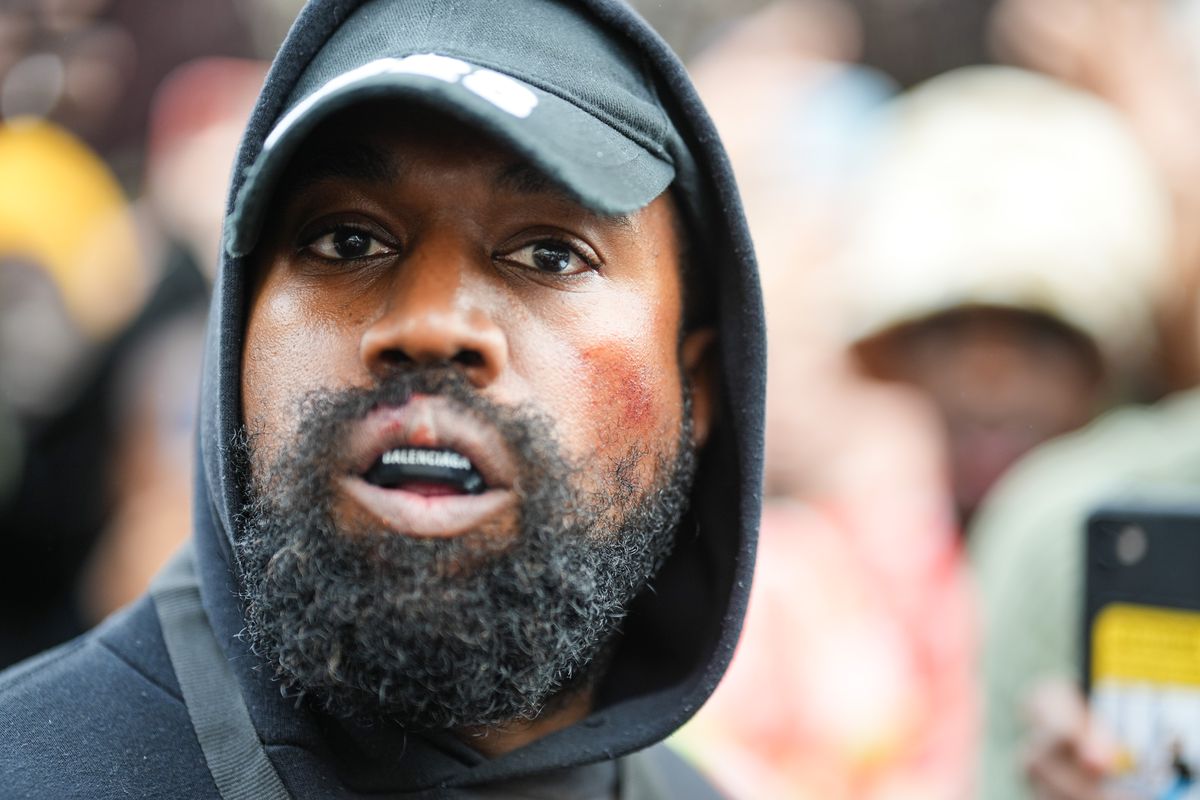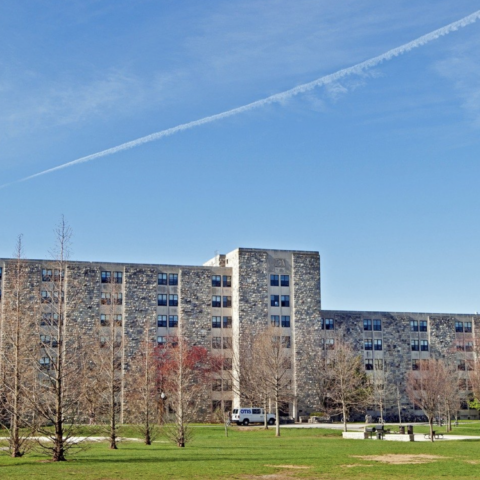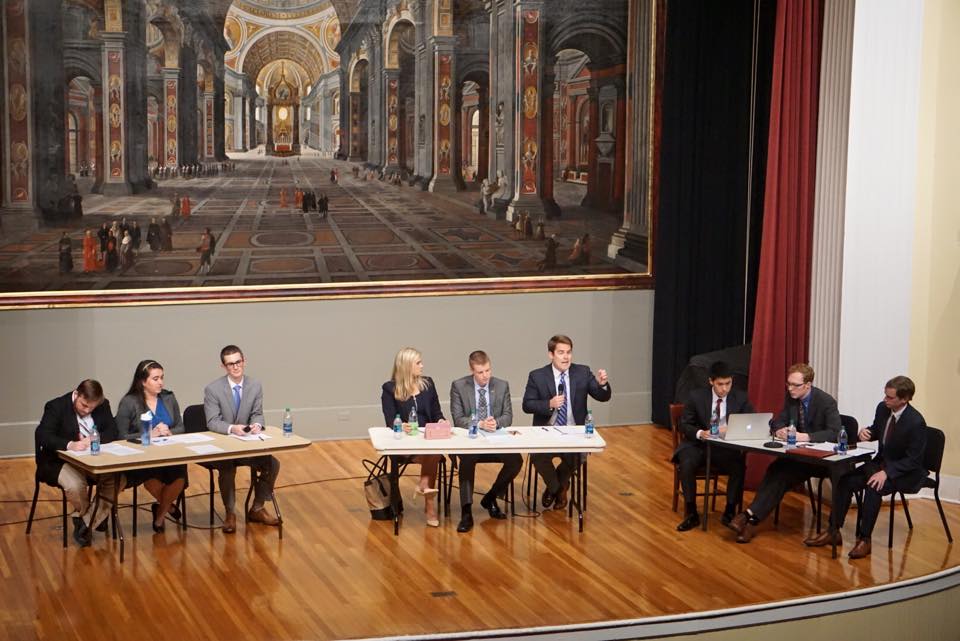By Jack Jarashow
“Defcon 3 on all Jewish people.”
“Jews . . . blackball anyone who opposes [their] agenda.”
The “Jewish underground media mafia . . . started attacking.”
Remarkably, these words are not taken from a Nazi propaganda poster, nor from a Mel Gibson movie. Rather these are the recent comments of prolific pop star and supposed civil rights activist, Kanye West.
This type of behavior is not entirely unexpected from West, who has a track record of controversy and presumably suffers from untreated mental illness. Such a history allows many people to brush off these comments, reasoning that “Kanye says crazy stuff’” and that no one genuinely believes what he says. After all, it seems easy enough to discount comments from someone who remarked that “slavery . . . sounds like a choice.”
However, West’s sentiments are not as atypical as people would like to believe. A study by the Anti-Defamation League found that 15% of Americans agree that Jews have too much power in the business world and 17% agree that the movie and television industries are run by Jews. At the University of Georgia itself, the message “Kanye West was right about the Jews” was projected outside a recent football game. Moreover, Neo-Nazi groups like Patriot Front have magnified their presence on campus, with little pushback from students or administration.
Thus, West’s comments are representative of a broader increase in anti-semitism accross the United States. When anti-semitism exceeds a certain threshold, “the world has a rallying cry to go against Jewish populations,” says Jeremy Lichtig, Campus Director of Hillel of UGA. Clearly, then, these comments are not to be taken lightly.
Luckily, UGA campus leaders are already taking action to ensure Jews can feel safe on campus. For instance, many campus leaders are collaborating with local law enforcement to ensure Jews can feel safer on campus. Lichtig reassures, “[the police] have it on their radar; increased patrols by all of the Jewish houses have been instituted.”
While such action is certainly promising, it is also important that we address anti-semitism at its roots—a process that begins with dialogue. Lichtig proposes that “different religious, cultural, and student groups should come together in guided conversations.” According to a study done by Pew Research Center, 39% of Americans say they have never even met a Jewish person. Furthermore, on campus, only 3% of UGA students are Jewish, so it is safe to say that the average student may not know many Jewish people or understand Jewish culture. Facilitated dialogue, then, whether at university sponsored events or within extracurricular organizations, would help dispel some of these harmful anti-semitic stereotypes and, ultimately, curb the recent spread of hatred on campus.
In addition to hosting guided conversations, UGA leaders should publicly denounce West’s comments and any ensuing hate speech. Adam Strater, who received his PhD in Jewish History at Emory University, noted that “over the last three or four years, we’ve seen an uptick in anti-semitism” and reasoned that “part of this is because people in authority are failing to use their authority to say anti-semitism is bad.”
Another measure that can be taken to combat anti-semitism is for the University System of Georgia (USG) to approve the International Holocaust Remembrance Association’s (IHRA) definition of anti-semitism. This definition was actually unanimously passed by UGA’s Student Government Association in 2021 but has yet to be approved by USG. With anti-semitism growing so rapidly, there is no better time for the administration to stand in solidarity with its Jewish community. Moreover, if the university were to adopt the IHRA definition, there would be more clarity as to what constitutes an anti-semitic act on campus, thus holding students more accountable.
Although Kanye West worsened an already pressing issue, it is promising that there are potential solutions on campus that will help turn the tide against anti-semitism’s rampant growth. As Strater puts it, “the change starts here at smaller communities like UGA. When we raise up small communities, we raise up the whole world.”


